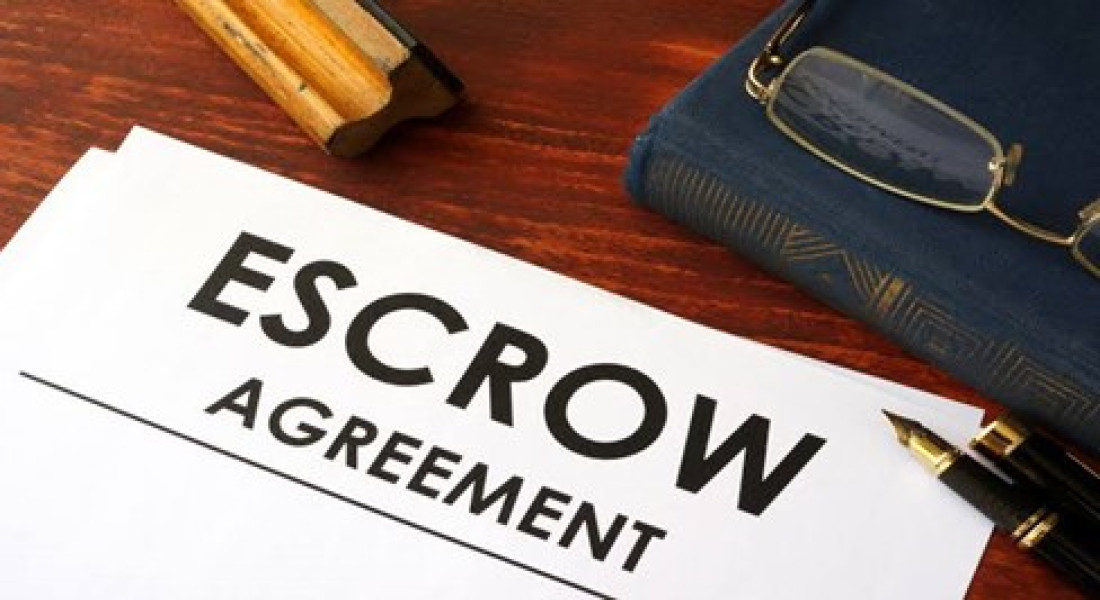
What is an Escrow?
In the intricate world of financial transactions and contractual agreements, the term "escrow" often takes comes into play. While it might sound like a complex concept, it is a crucial mechanism that ensures the safety and security of transactions, particularly in scenarios involving high-value assets, real estate, intellectual property, and more. In this article, we will delve into the depths of what an escrow is, how it works, and why it plays a pivotal role in modern commerce.
Defining Escrow
At its core, an escrow is a legal arrangement in which a neutral third party holds funds, assets, or documents on behalf of two parties involved in a transaction. These intermediary safeguards the items until the agreed-upon conditions or terms are fulfilled, at which point the escrow agent releases the assets to the appropriate party. Essentially, escrow acts as a protective buffer, assuring both parties that their interests will be met before any exchange is finalized.
The Escrow Process
The escrow process can be broken down into several key stages, each serving as a checkpoint to ensure that the transaction progresses smoothly:
Initiation: The parties involved in a transaction, often a buyer and a seller, enter into an agreement that stipulates the conditions under which the assets or funds will be released from escrow. This agreement typically outlines the responsibilities of each party and the milestones that need to be achieved.
Deposit: The buyer places the agreed-upon funds or assets into the escrow account. This step demonstrates the buyer's commitment and financial capacity to proceed with the transaction.
Verification: The escrow agent reviews the terms and conditions outlined in the agreement to ensure that they are met. This might involve conducting due diligence, verifying the authenticity of documents, and confirming compliance with any legal or regulatory requirements.
Fulfilment: Once all conditions are met, as specified in the agreement, the escrow agent authorizes the release of funds or assets to the appropriate party. This step marks the successful conclusion of the transaction.

Types of Escrows
Escrow arrangements can be categorized into several types, each tailored to suit specific scenarios and industries:
Real Estate Escrow: In property transactions, a real estate escrow is used to manage funds and documents until all terms of the sale are satisfied. This includes inspections, repairs, title searches, and other contingencies.
Online Escrow: With the rise of e-commerce, online escrow services have gained prominence. These platforms facilitate secure transactions between buyers and sellers who might be geographically distant, reducing the risk of fraud or misrepresentation.
Intellectual Property Escrow: Intellectual property, such as patents, copyrights, and trademarks, can also be held in escrow. This ensures that both parties adhere to agreed-upon terms before the intellectual property are released.
Mergers and Acquisitions Escrow: In business mergers and acquisitions, escrow is often used to hold a portion of the purchase price until post-transaction obligations, warranties, or disputes are resolved.

Benefits of Escrow
The concept of escrow offers several key benefits to all parties involved in a transaction:
Risk Mitigation: Escrow acts as a safety net, protecting both buyers and sellers from potential fraud, default, or non-compliance.
Trust Building: Knowing that a neutral third party is overseeing the transaction fosters trust between parties who may not be familiar with each other.
Structured Transactions: Escrow enforces a structured timeline and clear milestones, preventing misunderstandings and ensuring that all terms are met before completion.
Reduced Litigation: By establishing a pre-defined dispute resolution process, escrow can help reduce the likelihood of legal disputes arising from the transaction.
Choosing an Escrow Agent
Selecting a reliable escrow agent is crucial to ensuring the integrity of the process. Factors to consider include the agent's reputation, experience, regulatory compliance, and fee structure. Often, legal or financial professionals are engaged to act as escrow agents due to their expertise in handling such matters.
Escrow is an indispensable tool in the modern business landscape. It provides a structured, secure, and efficient way to conduct transactions, from real estate deals to digital commerce. By safeguarding the interests of all parties involved, escrow contributes to the stability and growth of various industries, promoting trust and confidence in every transaction. As commerce continues to evolve, the importance of escrow remains unwavering, standing as a pillar of security in an ever-changing financial landscape.